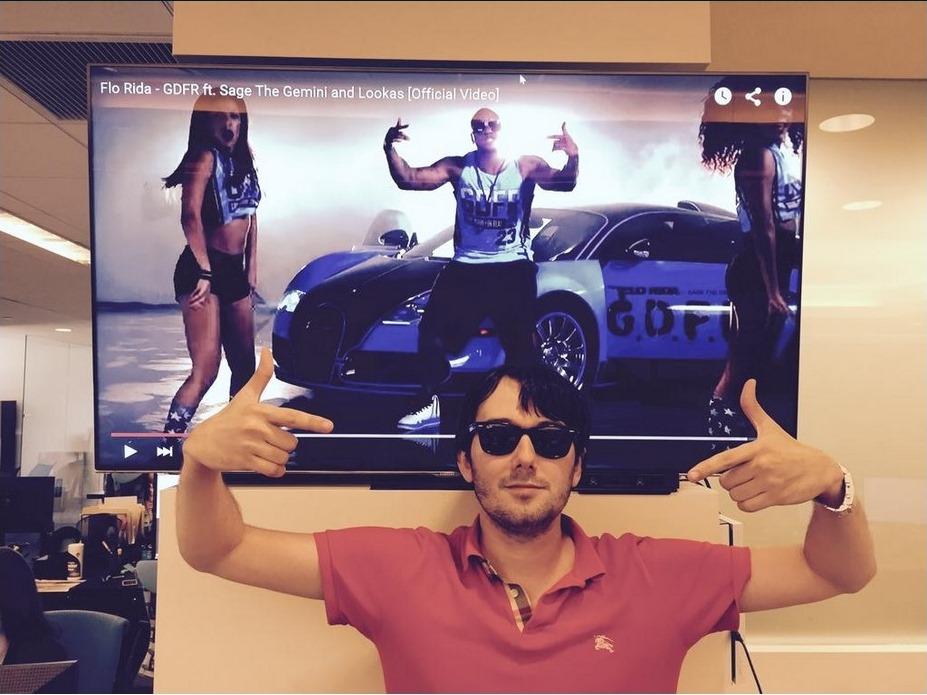A drug that used to cost $13.50 per tablet rose to $750. Can that be justified?
Martin Shkreli
Hillary Clinton calls it ‘price gouging’ by the pharmaceutical industry.
But for two days, the 32-year-old CEO of Turing Pharmaceuticals, Martin Shkreli, told media outlets he saw nothing wrong with what his company just did. It took a drug that treats a deadly disease — and hiked its price by 5,500 percent.
"Well, you know we needed to turn a profit on the drug,” Shkreli told Bloomberg News. “The companies before us were pretty much just giving it away."
The drug is called Daraprim, and since 1953 it's been a mainstay in the fight against the deadly parasitic disease, toxoplasmosis. Shkreli hiked the cost per pill from $13.50 to $750, though on Tuesday, he told TV networks he would lower the price, given the outrage. He didn't give a new price.
“I think that it makes sense to lower the price in response to the anger that was felt by people,” he told NBC News.
In that earlier interview with Bloomberg News, Shkreli had defended the price hike in terms of needing to fund research and development into new treatments for toxoplasmosis.
"Remember, no-one has cared about this illness for a long time, from the pharmaceutical perspective,” Shkreli told Bloomberg. “And that’s a terrible thing if you’re suffering from toxoplasmosis. Now you have a powerful ally in our company that is looking to make new drugs for you.”
Carloyn Johnson of the Washington Post says it’s not clear how much Shkreli's company is spending in this area; it’s not a publicly traded company.
Clinton, a Democratic presidential hopeful, calls this price gouging by the pharmaceutical industry, and has promised caps on costs. That's rattled investors, with stock prices of several companies tumbling.
Clinton on Tuesday presented a comprehensive plan aimed at containing high drug prices. It includes things like a cap on out-of-pocket expenses and it would also allow the government to use its bargaining power to bring down prices.
“It’s kind of up for debate how much, or how, these would be implemented,” says Johnson. “Some of the ideas have been tried in the past and not gotten enough political backing.”
Johnson says that could be changing. “[The issue] does seem to finally have garnered political attention, perhaps because this case has just hit so many nerves.”
Our coverage reaches millions each week, but only a small fraction of listeners contribute to sustain our program. We still need 224 more people to donate $100 or $10/monthly to unlock our $67,000 match. Will you help us get there today?
